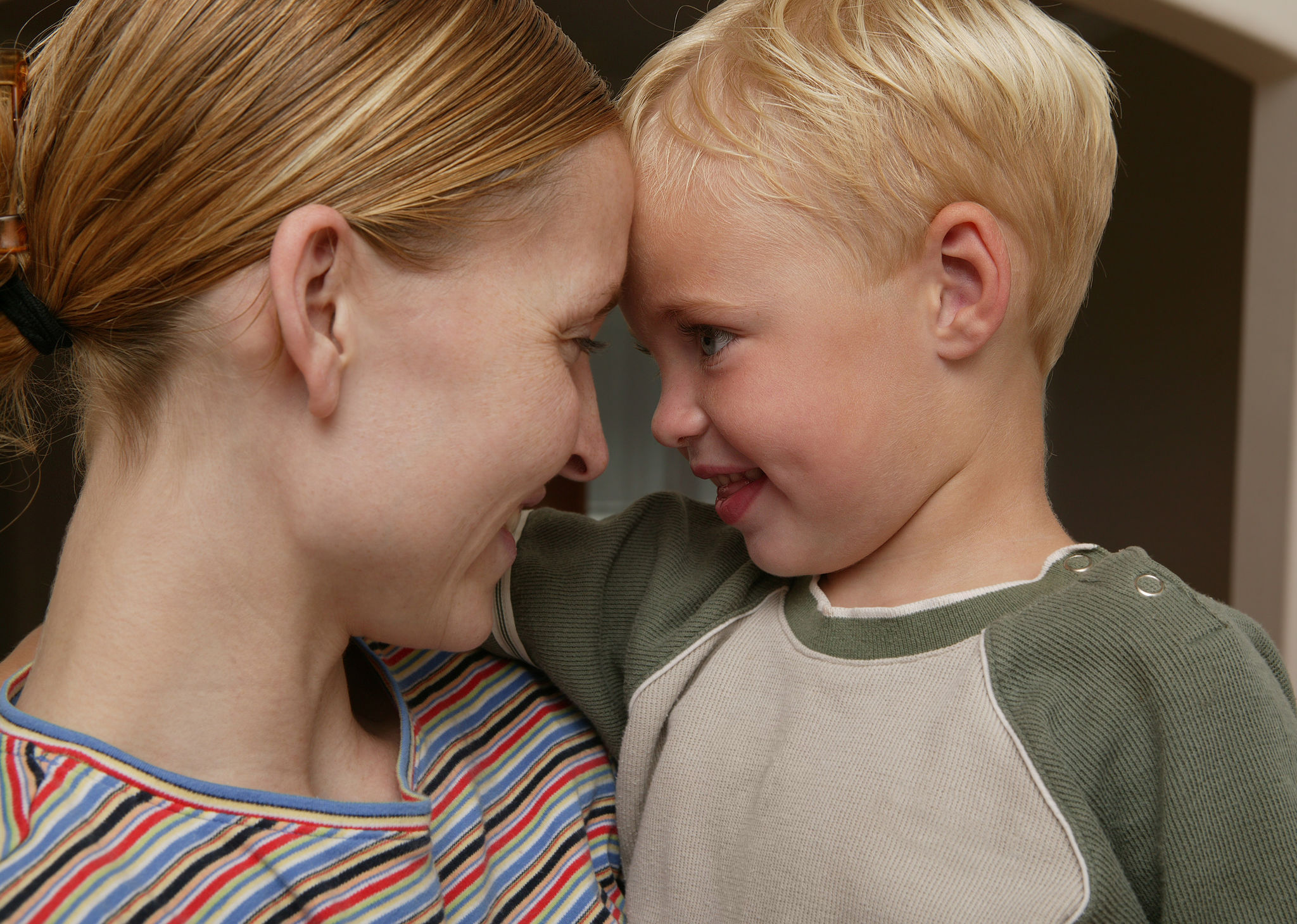Connecting with Your Child: Building Stronger Bonds through Calm Parenting
CD
Understanding Calm Parenting
Calm parenting is a method focused on maintaining composure and understanding during interactions with your child. By practicing calm parenting, you can build stronger bonds that foster trust and open communication. This approach not only benefits the parent-child relationship but also creates a positive environment for your child's emotional growth.
Implementing calm parenting requires patience and mindfulness. It's about responding thoughtfully rather than reacting impulsively. By doing so, you model emotional regulation and problem-solving skills for your child.

The Importance of Empathy
Empathy is a cornerstone of calm parenting. It involves understanding and validating your child's feelings, which helps them feel heard and respected. When you approach parenting with empathy, you provide a safe space for your child to express themselves without fear of judgment.
To practice empathy, actively listen to your child and acknowledge their emotions. This doesn't mean you have to agree with everything they say, but showing that you understand their perspective can make a significant difference in your relationship.

Effective Communication Techniques
Effective communication is key to connecting with your child. Use clear and simple language to convey your thoughts and expectations. Encourage open dialogue by asking open-ended questions that invite your child to share their feelings and opinions.
Here are some techniques to enhance communication:
- Active Listening: Show genuine interest in what your child is saying without interrupting.
- Reflective Listening: Paraphrase what your child says to ensure understanding and to show that you are paying attention.
- Positive Reinforcement: Acknowledge and praise your child's efforts and achievements to boost their confidence.

Setting Boundaries with Love
Calm parenting does not mean lacking discipline. It's about setting clear, consistent boundaries with empathy and respect. Explain the reasons behind rules and involve your child in the process of setting these boundaries. This empowers them and helps them understand the importance of limits.
When boundaries are crossed, address the issue calmly and constructively. Use these moments as opportunities to teach rather than punish, fostering a learning environment where mistakes are seen as part of growth.
Mindfulness Practices for Parents
Practicing mindfulness can enhance your ability to parent calmly. Mindfulness involves being present in the moment and aware of your thoughts and feelings without judgment. This awareness can help you respond to parenting challenges with clarity and composure.
Incorporate mindfulness into your daily routine through practices such as meditation, deep breathing exercises, or mindful walking. These activities can reduce stress and improve your overall emotional well-being, positively impacting your interactions with your child.

Encouraging Emotional Intelligence
Calm parenting supports the development of emotional intelligence in children. By modeling emotional regulation and empathy, you teach your child how to manage their emotions effectively. Encourage your child to express their feelings and guide them in understanding and coping with complex emotions.
Activities such as role-playing or discussing stories can help children practice empathy and emotional understanding. These skills are crucial for building healthy relationships and navigating social situations throughout their lives.
By embracing calm parenting, you create a nurturing environment that strengthens your bond with your child and supports their emotional growth. Remember, the journey of parenting is ongoing, and every step you take towards calmness and understanding is a step towards a more connected and harmonious relationship with your child.